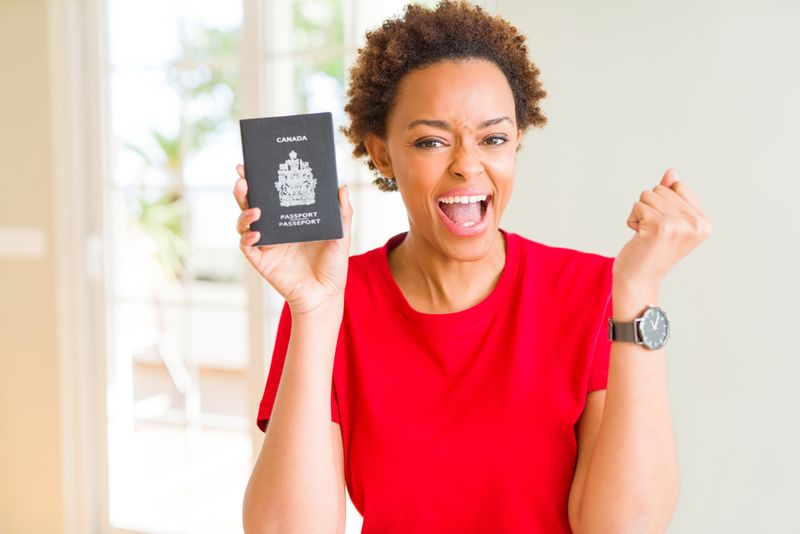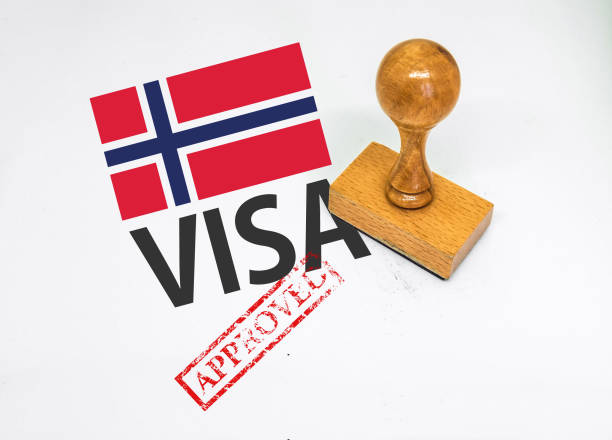While most foreign nationals typically need a work permit to work in Canada, specific job categories are exempt from this requirement. These jobs allow individuals to work in Canada without applying for a work permit from the Canadian government. These exemptions are based on factors like the nature of the work, its duration, and its significance to the Canadian labour market or government.
Types of Exempt Jobs
1. Business Visitors: Foreign nationals can visit Canada for business activities like attending meetings, conferences, or trade shows without joining the Canadian labour market.
2. Foreign Representatives and Their Family Members: Diplomats, consuls, and other foreign officials representing their countries in Canada, along with their family members, are exempt from work permit requirements.
3. Military Personnel: Military personnel stationed in Canada as part of a military exchange program or on temporary assignments do not require a work permit.
4. Foreign Government Officers: Foreign government officials on official business in Canada are exempt from work permit requirements.
5. On-Campus Work: International students enrolled full-time at a designated learning institution can work on campus for up to 20 hours per week without a work permit.
6. Performing Artists: Performing artists coming to Canada for concerts, plays, or other cultural events do not need work permits.
7. Athletes and Team Members: Athletes and team members competing in sporting events in Canada are exempt from work permits.
8. News Reporters and Media Crews: News reporters and media crews covering news events or filming documentaries are optional to obtain work permits.
9. Public Speakers: Public speakers attending conferences or giving speeches in Canada are exempt from work permit requirements.
10. Convention Organizers: Those organizing conventions or trade shows in Canada are exempt from work permits.
11. Clergy: Clergy members serving in religious organizations in Canada do not need work permits.
12. Judges, Referees, and Officials: Officials invited to officiate sporting events or competitions in Canada are exempt from work permit requirements.
13. Examiners and Evaluators: Those invited to examine or evaluate candidates for professional qualifications or certifications do not need work permits.
14. Expert Witnesses or Investigators: Expert witnesses and investigators invited to testify in court proceedings or conduct investigations are exempt from work permits.
15. Health Care Students: Students participating in clinical rotations or practicums are exempt from work permit requirements.
16. Civil Aviation Inspectors: Inspectors employed by foreign governments to inspect Canadian aircraft are exempt from work permits.
17. Aviation Accident or Incident Inspectors: Inspectors employed by foreign governments to investigate aviation accidents or incidents in Canada do not need work permits.
18. Crew Members: Crew members working on foreign ships or aircraft operating in Canada are exempt from work permit requirements.
19. Emergency Service Providers: Emergency service providers offering assistance during emergencies in Canada are exempt from work permits.
20. Implied Status: Implied status allows foreign nationals to work in Canada without a work permit when applying for another immigration status, such as permanent residence.
How to Determine Exemption
The Canadian government maintains a list of jobs exempt from work permit requirements, available on the Immigration, Refugees and Citizenship Canada (IRCC) website. If you’re uncertain whether a job falls under this category, contact IRCC for clarification.
Applying for Exempt Jobs
To apply for jobs exempt from work permit requirements, follow these steps:
1. Research Jobs: Identify exempt jobs using the IRCC’s list. You can also explore job opportunities online or through job boards.
2. Update Resume and Cover Letter: Tailor your resume and cover letter to the specific job, emphasizing relevant skills and experience.
3. Submit Application: Send your application to the employer, following their submission guidelines, whether online, via email, or by mail.
4. Prepare for an Interview: Be ready to discuss your qualifications and express your interest in the job. Be prepared to address questions regarding your immigration status if necessary.






